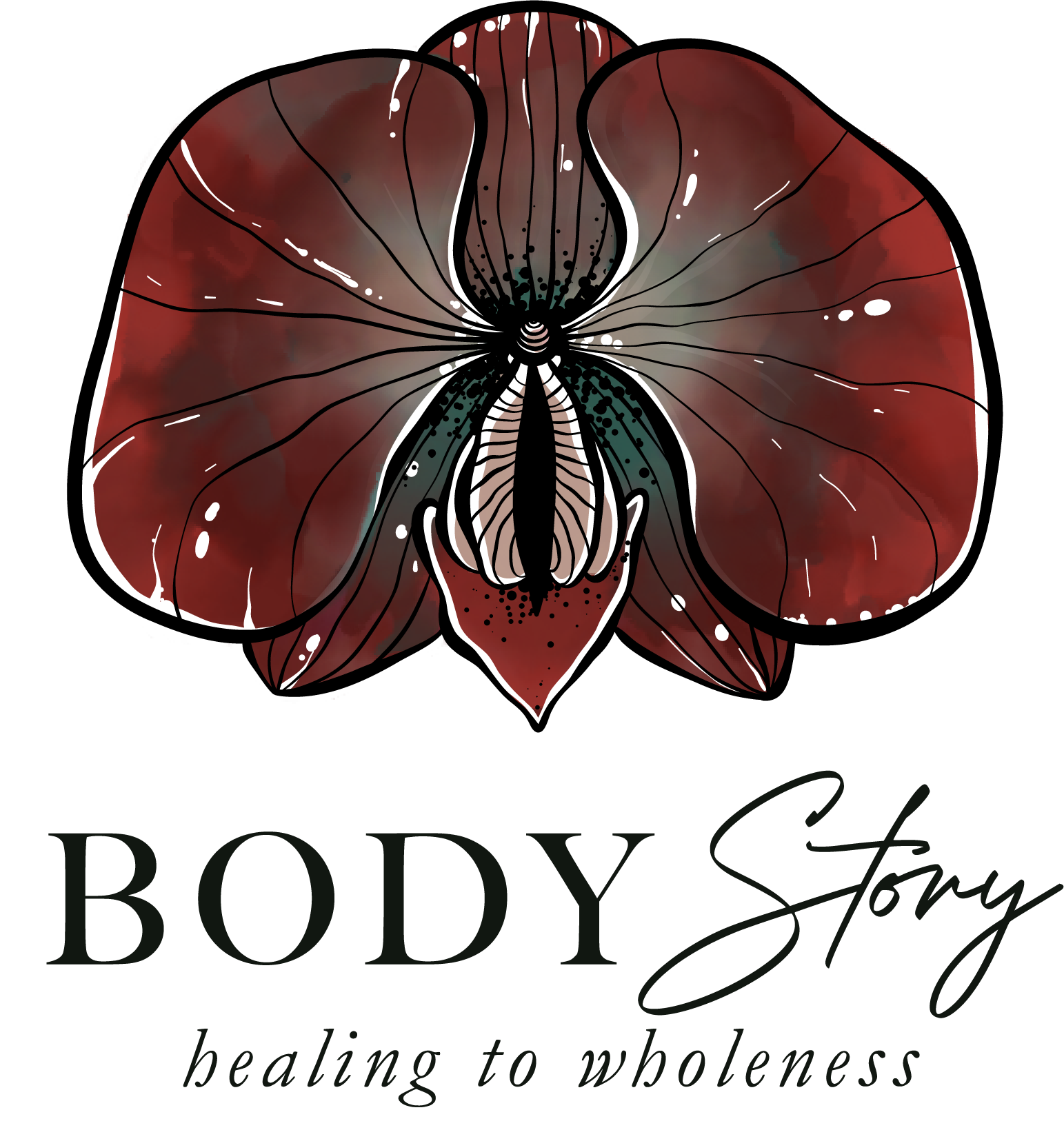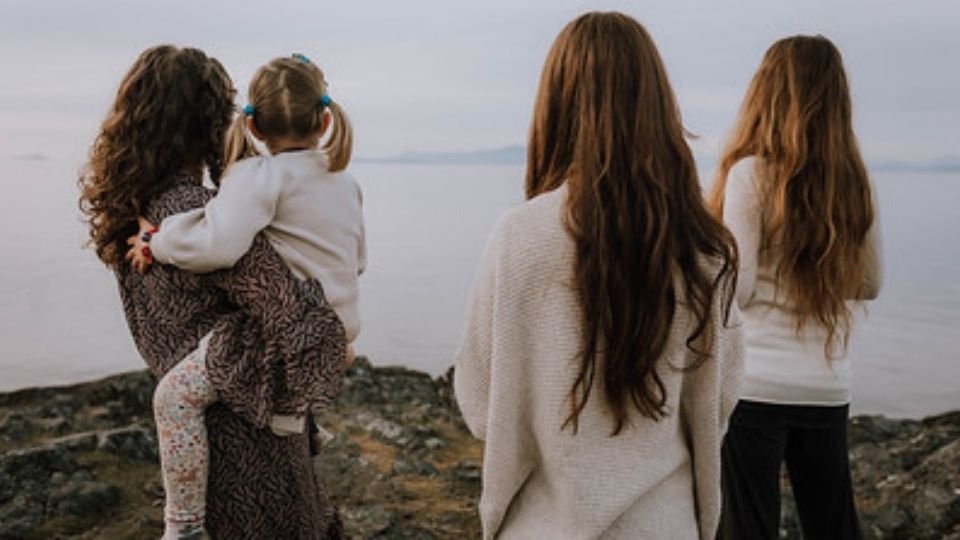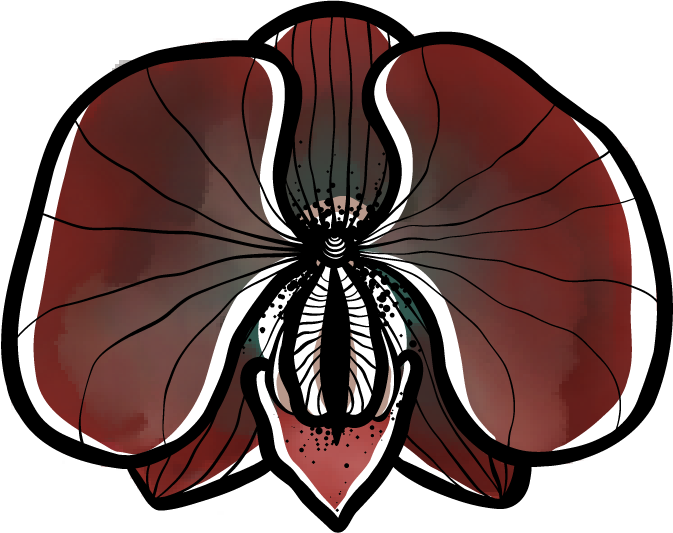When my mother texted to tell me that the doctors had found cancer in her lungs, I called and yelled at her. Standing on the streets of New York City, I was one more voice in the irate cacophony of the Financial District, sharing my outrage that some things should not be delivered over text.
It had never occurred to me that it might be too painful to say out loud.
Her demise came 10 years ago but it was a harbinger for today. Her message, from behind an oxygen mask, was this: We aren’t breathing enough when we can.
I think of her often now that the news is filled with people whose lungs have also failed them. This breath — we take it for granted, like a lover whose body we have grown used to. When we were born we wailed from the shock of her beauty, but then we forgot. Now we let her in when it serves us, allowing her lurk around our hearts in the shadows. But the breath — she knows her worth. She is reminding us of it now.
Salt Water
People can’t stop crying right now. They cannot get enough rest either. We are all catching our breath. We are pressing our hands on our hearts and sinking into the weight of death. The weight of dancing to no audience. The weight of the stillness that is gently holding us to our seats.
Locked inside our homes and hearts, we are opening the treasure chest of our collective pain. Like a box of family photos dug into at Thanksgiving. Here’s us the time we fished all the salmon in the river and drowned dolphins in the sea. Here’s the time we blew apart mountains to get the shiny stuff inside. Here’s the time we caged up everything wild and made it profitable.
Now, this photograph (a digital copy, to be sure): The time we all stayed inside, stared at each other from behind windows and computer screens. That time we cried, drummed, baked 124 cakes and ate them all, drowned ourselves in Netflix, and called our friends a lot more. The world crumbled outside, and we all lost our minds a little.
But I say this: It is a good thing to lose one’s mind every once in a while. As long as we don’t lose our breath.
Catching the Cough
I dove into the ocean too early this spring. I knew the water was too cold, but I craved the warm burst into my lungs when my head broke the surface. A week later, I lost my voice from coughing. I was drowning in phlegm, thinking all the time about my mother. How the last conversation I had with her sounded like she was inside an aquarium.
Her cough of 10 years ago and my cough of a month ago were the old coughs — long before these coughs that now make the news. Before the distancing. Before I realized that it’s impossible to tell if someone is smiling when they are wearing a face mask.
Hidden in our homes, there are no strangers to smile at anyway. No friends to kiss hello. Just the silence and whatever comes to fill that space.
We meet ourselves in moments like this. We examine the contents of our closets, realizing some things don’t fit us anymore. Still, we debate throwing them out. We stand in front of the mirror thinking: Maybe if I just wear a belt? And that is where the real battle is fought.
Boiling Water
I didn’t realize until all this began that grief can come out as chest-heaving anger (though I should have known from the way I became possessed with rage after a cancer text so many years ago). The fire we spit when we are grieving is just a different way to say, “I am helpless to change any of the events of life.” It is the deafening screech of an oil tanker rolling up onto the rocks.
We do not think too highly of this kind of grief, but like all the griefs, anger has its purpose. It’s best used when we have not touched our soft places in a long, long time. We all need volcanic explosions to send the tired earth element soaring at times. But while the carbon that remains can be mined for money, we must be aware of the long-term effects on our environment if it becomes our business.
But truly, each of the elements has its own form of destruction to manage. Tears cleanse but the water can drown us. Movement brings renewal, but too much wind leaves us dry. And our dear earth — while it holds us in place as it does this very moment, we cannot walk with stones in our shoes.
This is the landscape we are staring into these days.
Breathing Together
I saw a friend at the grocery store last week. We both made our way toward one another, then paused. The thought passed our eyes at the same moment — it is no longer safe to hug. I brought my hands to my heart and bowed to her instead. Filling my lungs with her scent from six feet away.
Later that day, I got on a video call with three friends. We all wore fancy clothes and I painted my lips crimson. We laughed, had a virtual dance party, then shared our pain and celebrations. But, when we were all out of words, we sat in silence, breathing together and catching the light in one another’s eyes. As our images rapidly uploaded and downloaded across thousands of miles, we relaxed in the smiles of good company.
As I kissed my daughter good night that evening, I missed my own mother terribly. We have never needed our mothers more than now. We have never needed to be held and rocked so badly, to wipe our noses on someone’s sleeve and taste our salty tears as they fall into the corners of our mouths.
Though she is not here to comfort me, she did prepare me to hold a loss this deep without flinching. Her coughing prepared me to hear Her coughing, expelling the smoke from Her lungs of a thousand sleeping factories. She is telling us, from behind a ventilator, to fall back in love with our breath. To find the bottom of our inhale, the emptiness that follows. If we forget how to do it, we simply dance or cry or howl or sing or beat drums and laugh with our children as they learn to dance to our rhythms.
Every way we once lived has changed, yet the breath remains constant. So we now share its abundance. In our pain, we offer our breath as we sit with the ones in our homes or on the screen. Take it in through livestreamed concerts, through memes. Feel its warm vapor as our friends explode one by one and then rise again to support another. To share this breath, our last bit of sustenance, is the most human act we can do.





